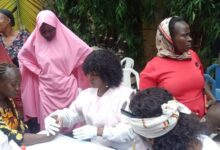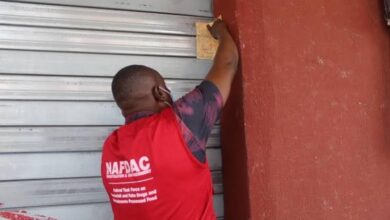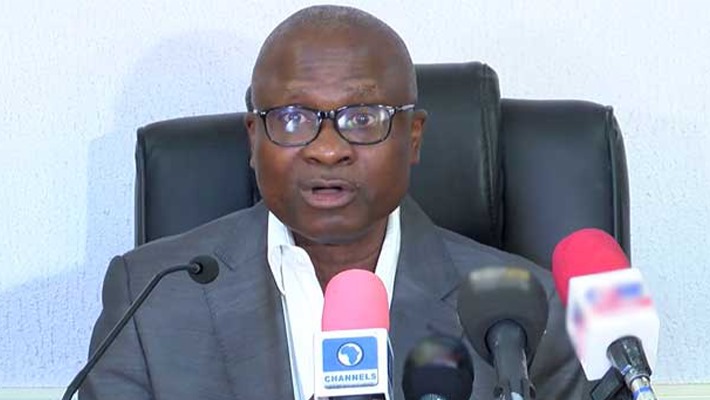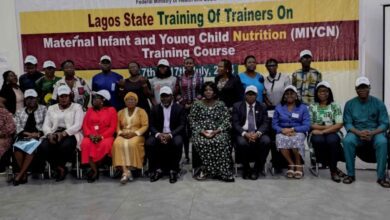‘Africa May Record 1m Cancer Deaths Per Year By 2030’

The World Health Organisation (WHO) has hinted that if urgent measures were not taken, cancer mortality in the African region may reach about one million (1m) deaths per year by 2030.
WHO Regional Director for Africa, Dr. Matshidiso Moeti gave the hint in her message marking the 2024 World Cancer Day.
Moeti said, about 50% of new cancer cases in adults in the African region were due to breast, cervical, prostate, colorectal, and liver cancers.
She informed that, between 2022 and 2024, the focus of World Cancer Day was to help “Close the cancer gap.”
She further said, “this year marks the third and final year of the campaign. The theme for this year is ‘Together, we challenge those in power’. This theme encompasses the global demand for leaders to prioritise and invest in cancer prevention and care and to do more to achieve a just and cancer-free world.
“The cancer situation in Africa is disheartening. In the year 2022, approximately 882 882 new cancer cases occurred in the WHO African Region with around 573 653 deaths.
“About 50% of new cancer cases in adults in the region are due to breast, cervical, prostate, colorectal, and liver cancers. If urgent measures are not taken, cancer mortality in the region is projected to reach about one million deaths per year by 2030.
“Also, in 20 years, cancer death rates in Africa will overtake the global average of 30%. This is more so because cancer survival rates in the WHO African region currently average 12%, much lower than the average of over 80% in High-Income Countries”.
The WHO Regional Director for Africa however, commended the progress made in cancer prevention and care in the African region:
“For instance, 17 countries have introduced high-performance-based screening tests in line with the WHO recommendations. Also, 28 of our Member States have introduced nationwide HPV vaccination to reach about 60% of the priority population targeted with HPV vaccination.
“This year’s theme is auspicious as it reinforces all persons and groups’ universal right to health. We believe that regardless of socioeconomic status, geographic location, age, and gender, every person must be afforded an equal chance at the prevention, diagnosis, and treatment of cancer.
“We call on the region’s countries, communities, partners, and civil society to unite and foster universal access to cancer prevention and care.
“Stakeholders must identify feasible priorities, implement evidence-based population-wide interventions, and invest in cancer control”, she said.
Dr. Moeti also stated that, countries should use the updated WHO Best Buys, the facilitative tool designed to enable governments select lifesaving policies and interventions for non-communicable diseases.
She also stated that leaders were responsible for ensuring that cancer prevention and care deployed technologies and therapies that are available at low cost to affected persons and their families, which are value for money.
Furthermore, she suggested that countries strengthen information systems to gather quality data for decision-making.






